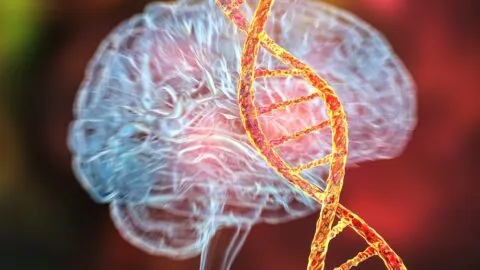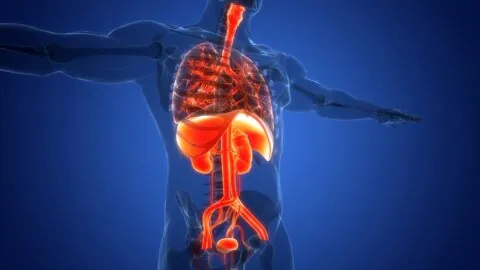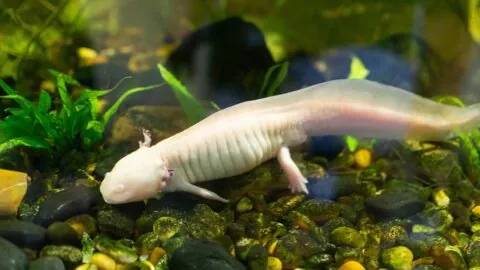September 11, 2025
In Aging Cell, researchers have published their surprising findings that epigenetic clocks are not significantly related to most measurements of metabolic health after weight loss interventions. The utility of clocks What Are Epigenetic ClocksAn epigenetic clock is a biochemical test that uses DNA methylation levels and accumulation of methyl groups on DNA to determine biological...
August 22, 2025
A new study has found that professional soccer players experience a drop in their biological age after a match, as measured by biomarkers assessed with state-of-the-art methylation clocks [1]. We asked Dr. Steve Horvath, the study’s co-author, to comment. Clocks, stress, and exercise Epigenetic clocks have become extremely popular in the longevity field, both as...
August 04, 2025
Researchers have developed a transcription-based clock that estimates brain age and used it to identify potential interventions against age-related neurodegeneration. Deciding which -omic to use While neurodegeneration and brain aging are not precisely the same [1], the two are tightly linked [2]. Substantial previous work has found that directly addressing brain aging in multiple forms,...
July 23, 2025
A recent study explored the differences in the speed of organ aging. The researchers have built models that can predict the odds of diseases and mortality risk based on organ-specific proteins found in plasma [1]. Not all organs age equally Since each organ in the human body is different, the way they age also differs,...
May 29, 2025
A placebo-controlled clinical trial, with results published in Aging Cell, has determined that plasma replacement has beneficial effects when combined with immunoglobulin, according to multiple epigenetic clocks and -omics biomarkers. Looking for a signal Therapeutic plasma exchange (TPE), the practice of extracting and replacing a person's blood plasma with a saline solution containing albumin [1],...
September 23, 2024
In a preprint published in bioRxiv, researchers have published their findings in applying an epigenetic clock to the axolotl, a salamander species that does not age like humans. More than just regeneration Axolotls, and salamanders more generally, are well-known for their regenerative capabilities, being able to grow back lost limbs [1]. These amphibians, similarly to...






